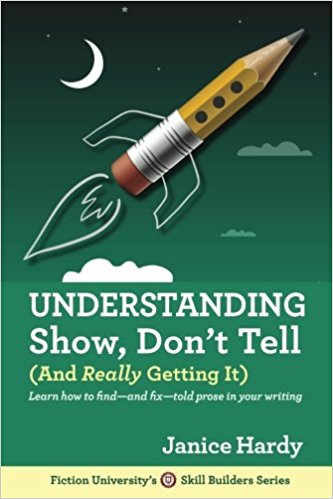
Recommended writing resources – Part 1 -books
The need for writing resources
Unless you are one of those rare and perhaps non-existent people who can write perfectly without outside help, then this post is for you.
My switch from non-fiction to fiction was a massive leap. I felt very alone and really had no idea what I was doing. But I’m a planner, so I planned and then wrote chapter by chapter of a first draft. In some ways the first draft was the easy bit. The hard bit has been editing and learning to write. I’m under no illusions that I’m a Pulitzer Prize standard writer. I’ve needed lots of help. The books below are some that I’ve found most helpful and why.
Highly recommended books on writing craft
1. Story Genius, Lisa Cron
I gave this book a 4.5 stars (out of 5) on Goodreads. This book is best used as you plan your book. I only found it three years into my editing process. I still went ahead and wrote the five scenes she suggested. Three of them made it into the final book is some form or other.
I wrote, “A strong differentiation between ‘plot’ which is external and ‘story’, the internal journey. Story is what grabs us and is what the protoganist has to overcome to solve the external, plot event.”
I am really looking forward to using this approach as I plan book two of my trilogy.
2. Margie Lawson lecture packets
I can’t afford to go to one of Margie’s courses but her 8-10 lesson packets are available for download online at US$22/packet. Margie taught me a lot about ‘Deep Point of View’ which is how most books for adults are written these days. This essentially means that even if you write in third person (he/she/Esther…) the scenes are described through their eyes with the details that they’d notice. For example, an architect will notice details of buildings but an author might notice the books on people’s shelves.
Her lectures packets contain about ten lectures with in each set with plenty of examples and practical activities.
3. Understanding Show, Don’t Tell: And really getting it, Janice Hardy
I read this late in my editing journey because this issue was one I was struggling with. The most valuable part of this book were the ‘red flag’ words that warn you when you’re probably telling (summarising or talking about the action) rather than showing. I’ve just gone through and done yet a major edit of such things as “Esther remembered her mother doing…” to simply “her mother used to …”
One result of all the examples in her book is that I’m catching the wrong writing patterns as I write them now. So the next drafts should require less editing. In theory at least.
4. Rahne Hall books
I read two – Vivid Settings and Deep Point of View. Both simple and clear and immediately applicable.
What are the best of the books you’ve read on the craft of writing?
2 thoughts on “Recommended writing resources – Part 1 -books”
Hi Christine
Some great recommendations there. I’ve read several of Rayne Hall’s book. In addition to Vivid Settings, I think her Word Loss Diet is brilliant and would also recommend Twitter for Writers. I also have found K M Weiland’s blog posts helpful and Stephen James’ Story Trumps Structure. Riveting Your Readers with Deep Point of View and also Self-Editing for Writers. And Stephen King’s On Writing and James Scott Bell Writing From the Middle. They are the main ones I’ve appreciated – oh and The Emotion Thesaurus.
Thanks Christine. I can relate to that. I had almost a whole draft of my novel written before I knew what I was doing and now I’m trying to fix it all in the editing. LOL I’ve just discovered Story Genius and I really wish I’d seen this before doing anything. I’m now trying to use her tips to deepen character. I was fortunate enough to do a Margie immersion course last year and it was great. But the lecture packets also include lots of great information. I’m looking forward to going over it again. I also have some of Rayne Hall’s books and they’re excellent. Really practical. Her book ‘The Word-Loss Diet’ was really helpful. I also did the oinline course ‘Year of the Edit’ through the Queensland Writers’ Centre and it was really valuable. It was a good combination doing that and the Margie immersion because the Year of the Edit course was mainly structural editing, while Margie’s material looks more at polishing up the prose. Are you going to the Omega conference this year? Margie is one of the main speakers. I’ll have to check out the other book you mentioned. I haven’t come across that one before. Thanks for sharing.